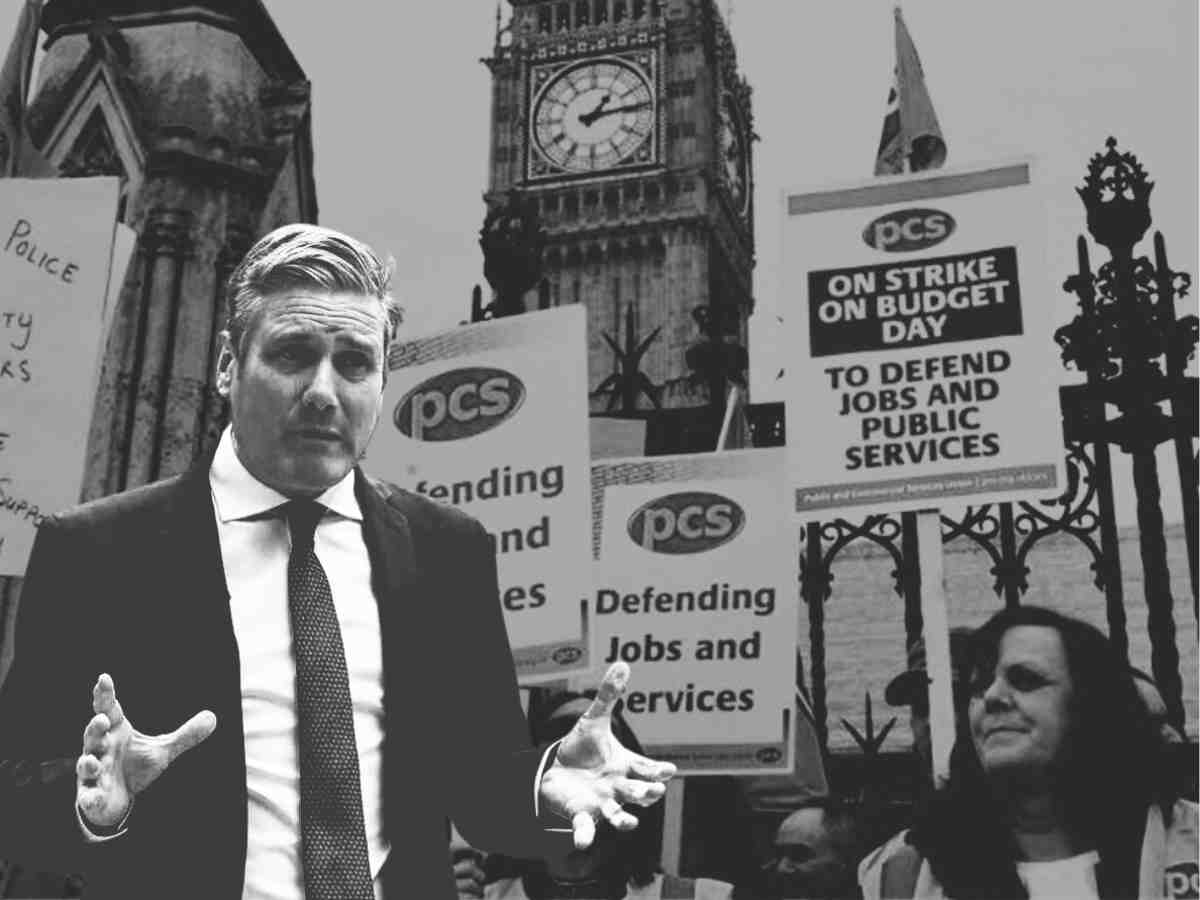The government’s key statistics body – the Office for National Statistics (ONS) – is trying to force its staff to return to the office. Essentially, the move will reduce remote working options for employees. However, hundreds of civil servants across the country have voted for all-out strike action. The Public and Commercial Services (PCS) union has warned the ONS it now has “the authority” to call for full industrial action unless it chooses to engage in “meaningful” negotiations.
ONS staff vote for strikes over office working policy
Since April, the Office for National Statistics (ONS) has said that staff must spend at least 40% of their hours in the office. Essentially, it means that full-time staff will have to physically attend the workplace for a minimum of two days a week.
From May, PCS union members have engaged in action short of a strike – effectively ignoring the ONS’s new policy. Then, in August, members took this up a notch. They refused to take on additional duties, such as overtime or work outside their hours.
Now, members of the PCS union have overwhelmingly voted to take industrial action over the policy. More than 500 PCS members working for the ONS voted for the strike. Members did this in a ballot that closed on 2 October.
With a turnout of 63%, 71% of voting members backed taking all-out strike action. Furthermore, 92% voted to continue action short of a strike.
An all-out civil servants strike incoming
Currently, the PCS union hasn’t set in strike dates in place. However, according to the Telegraph, PCS general secretary Fran Heathcote has said that:
Up until now our members have been taking action short of a strike but today they’ve voted to escalate this, which could involve an all-out strike.
Our industrial action has until now had no tangible impact on the ONS’s outputs – which was the point, because we said our members can work at home just as well, if not better, than being in the office – but that can change now we have authority to call a full strike any time in the next six months.
If management wants to ensure the work at ONS remains unaffected, they must engage in meaningful talks with us to end this dispute.
In other words, PCS members can – and will – take full-scale industrial action. They will do so if the ONS refuses to drop the new policy.
To date, the ONS has ignored the PCS member demands and hasn’t indicated it will enter talks with the union. Since announcing the strike, its spokesperson only said that:
We have robust plans in place and do not anticipate any disruption to key ONS publications.
Nevertheless, we still believe firmly that a reasonable level of office attendance – in line with the wider civil service – is in the best interests of the ONS and of all our colleagues. Face-to-face interaction supports personal collaboration, learning and innovation.
Essentially then, it has doubled-down on its justification of the policy. On top of this, it appears to suggest it will employ non-union workers to scab on fellow employees to maintain the running of its regular statistics releases.
Labour and flexible working policies
Of course, the vote for a civil servants strike over the non-ministerial department’s policy has come at the same time as the new Labour Party government has promised more options for flexible working.
Just days prior to the election, former Labour shadow paymaster general Jonathan Ashworth had indicated that the party would not necessarily do away with rules the Conservative government introduced. This was that, from November, would need to spend 60% of the time in the office.
The electorate in Leicester South voted Ashworth out at the election. And so far, his successors haven’t suggested that Labour will continue with this requirement.
In September, business secretary Jonathan Reynolds criticised the previous Conservative government for “declaring war on people who work from home.” Additionally, he praised work from home options for boosting productivity.
However, he did notably temper this with the caveat. Specifically, that the Labour government would not make it a requirement that employers offer this. And Labour hasn’t yet properly removed the rule either for civil servants.
As an arms-length body, the ONS’s response to industrial action could be a test for the new government’s commitment to workers rights. Obviously, flexibility to work from home will be central to this.
So, if the ONS fails to engage with employees over its office working policy, staff will implement wide-scale strike action at its offices across the country.
Featured image via the Canary




